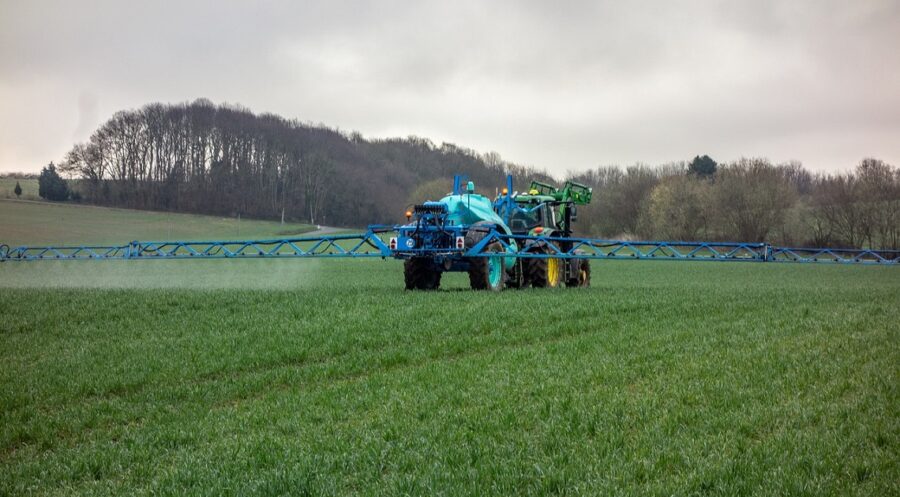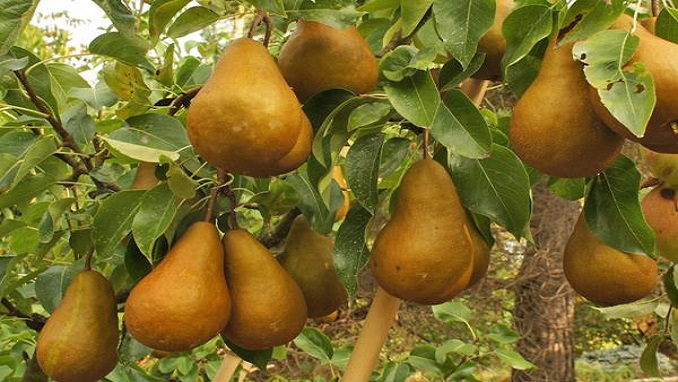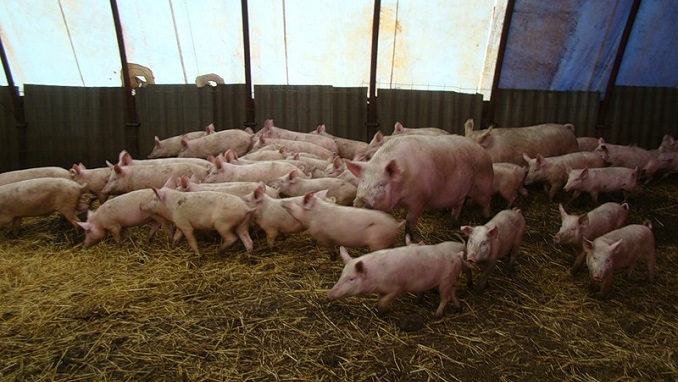The global situation in the food segment is under a lot of risks in recent years. In fact, the emergence of COVID-19, the war in Ukraine and some other world occurrences exacerbated the situation and brought new fears for countries around the world.
The governments of Panama, Haiti, Mexico, Central America, and the Dominican Republic have implemented policy measures costing an average of 1.1% of their gross domestic products to provide relief in the face of rising food insecurity and high levels of inflation. Following the outbreak, almost 62 million people in these nations endured food insecurity. Food insecurity is more prevalent in this subregion than anyplace else in Latin America and the Caribbean as a result of recent increases in food prices.
These are the conclusions of a study by the Inter-American Development Bank titled “Food Security in Central America, Panama, the Dominican Republic, Mexico, and Haiti” (Spanish version only) (IDB).
The report presents an assessment of the region’s post-pandemic food security scenario, taking growing prices into account.
The IDB report offers both short-term and long-term policy recommendations to support food security for households and the impacted industry. The ideas include commercial actions, commercial transfers, food aid programs, and support for the agriculture sector.
The paper also looks at structural adjustments to support food systems and avert further crises, such as public goods investments, access to agricultural financing, agricultural research, development, and innovation, and more open international commerce. Given that women are more susceptible to the effects of economic shocks, these measures should be designed with gender equality in mind.
Although moderate to severe food insecurity in this area was already higher than the norm for Latin America and the Caribbean, it has been made worse by the pandemic’s impact on global inflation as well as the war between Russia and Ukraine, which has raised the cost of essential commodities. Over 40% of the corn, rice, and wheat consumed in a typical region country is imported.
The main issue facing households in the area now is inflation. Since 2019, it is expected that the number of households whose income is insufficient to pay for basic food necessities has increased by more than 5 percentage points. The majority of this tendency has affected rural households, households led by women, and households with informal employees.
On the other side of world, EuroChem Group AG’s subsidiary in Lithuania, Lifosa is set to begin with operations after the temporary suspension, according to Klaipeda.
The company should start its reduced production by next week according to Lifosa representatives.
“Most of the current production of “Lifosa” will be resumed, including the main production – nitrogen phosphorus fertilizers, diammonium phosphate, other fertilizers and feed raw materials,” Indrė Mažeikienė told BNS on Thursday.
“Lifosa” temporarily stopped production on September 14 due to the lack of one of the main raw materials – ammonia – and a sharp increase in the price of natural gas.



